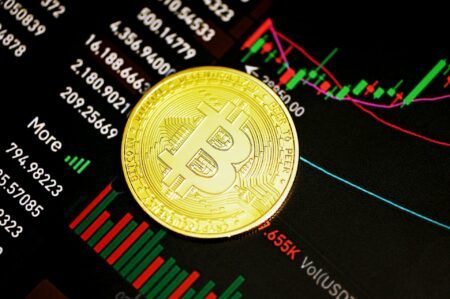In the wake of the U.S. Securities and Exchange Commission (SEC) recently charging Binance and Coinbase with securities laws violations, Input Output (IOG), the firm behind much of Cardano’s research and development, has issued a statement refuting the SEC’s characterization of Cardano’s native token, ADA, as an unregistered security.
On June 5, 2023, the U.S. SEC made the following announcement in a press release:
“The Securities and Exchange Commission today charged Binance Holdings Ltd. (“Binance”), which operates the largest crypto asset trading platform in the world, Binance.com; U.S.-based affiliate, BAM Trading Services Inc. (“BAM Trading”), which, together with Binance, operates the crypto asset trading platform, Binance.US; and their founder, Changpeng Zhao, with a variety of securities law violations.”
On June 6, 2023, the U.S. SEC announced in a press release:
“The Securities and Exchange Commission today charged Coinbase, Inc. with operating its crypto asset trading platform as an unregistered national securities exchange, broker, and clearing agency. The SEC also charged Coinbase for failing to register the offer and sale of its crypto asset staking-as-a-service program.“
IOG’s response, provided in a blog post published on June 7, 2023, directly addresses the SEC’s claims. The firm argues that ADA is not a security under U.S. securities laws and that the SEC’s filings contain numerous factual inaccuracies. IOG’s statement emphasizes its commitment to working with regulators to develop frameworks that both protect consumers and foster innovation within the blockchain industry.
The blog post stated:
“The filing contains numerous factual inaccuracies and will not impact IOG’s operations in any way. Under no circumstances is ADA a security under U.S. securities laws. It never has been. Understanding how decentralized blockchains operate is a fundamental component in creating responsible legislation. IOG continues to welcome cross-industry collaborations with regulators to help develop frameworks, which not only safeguard consumers, but do not stifle innovation within the communities building decentralized protocols. This latest filing from the SEC demonstrates that we still have a long way to go in this regard. Regulation through enforcement action does not provide either the clarity or certainty to which both the blockchain industry and consumers are entitled.“
Featured Image Credit: Photo / illustration by “Traxer” via Unsplash









